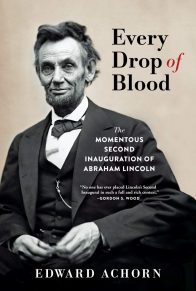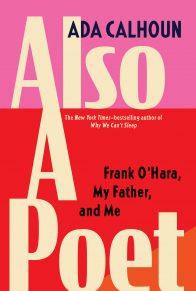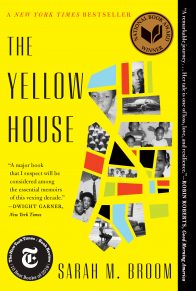“Is anyone capable of picking up . . . Edie and putting it down before the very last page?” –Pamela Paul, New York Times Book Review
“The ultimate oral history and still the most objectively cool book I’ve ever read. It’s perfectly structured and the most important book about America in the 1960s.” –Sloane Crosley, T: The New York Times Style Magazine
Edie gave an almost mythic quality to its subject’s persona and her brief rise and fall, yet in its telling you could also follow clear lines connecting disparate pieces of 20th-century American life: the hollow cult of celebrity; the fragile prospect of greater opportunity for women; the intoxicating dream of the West for certain Easterners; the peculiar pathologies of the very rich.” –Maria Russo, New York Times Book Review
“This is the book of the Sixties that we have been waiting for.” –Norman Mailer
“Through a kaleidoscope of seemingly fragmented voices, patterns form, giving brilliant definition to the very American tragedy of Edie Sedgwick, a woman”not likely to be forgotten after this haunting portrait.” –Publishers Weekly
“Extraordinary . . . a fascinating narrative that is both meticulously reported and expertly orchestrated.” –The New York Times, Michiko Kakutani
“An exceptionally seductive biography. . . . You can’t put it down. . . . It has novelistic excitement.” –Los Angeles Times Book Review
“Impressive . . . The persistence of Edie’s iconicity can be credited, paradoxically, to Stein’s attempt to make real this woman whose short life was at once a sad waste of time and culturally, ad infinitum the time of seemingly everyone’s life.” –Atlantic
“No book fascinated me more than . . . Edie: American Girl . . . I was riveted by the tales of Edie’s adventures, the trail of intrigue and wonder she seemed to leave behind her wherever she went.” –Megan Abbott, NPR.org
“What makes this book so unusual, unique almost, is the picture it paints of the New York counterculture. No one has ever done it better.” –The Atlanta Journal-Constitution
“There is no more classic summertime read.” –New York Magazine













